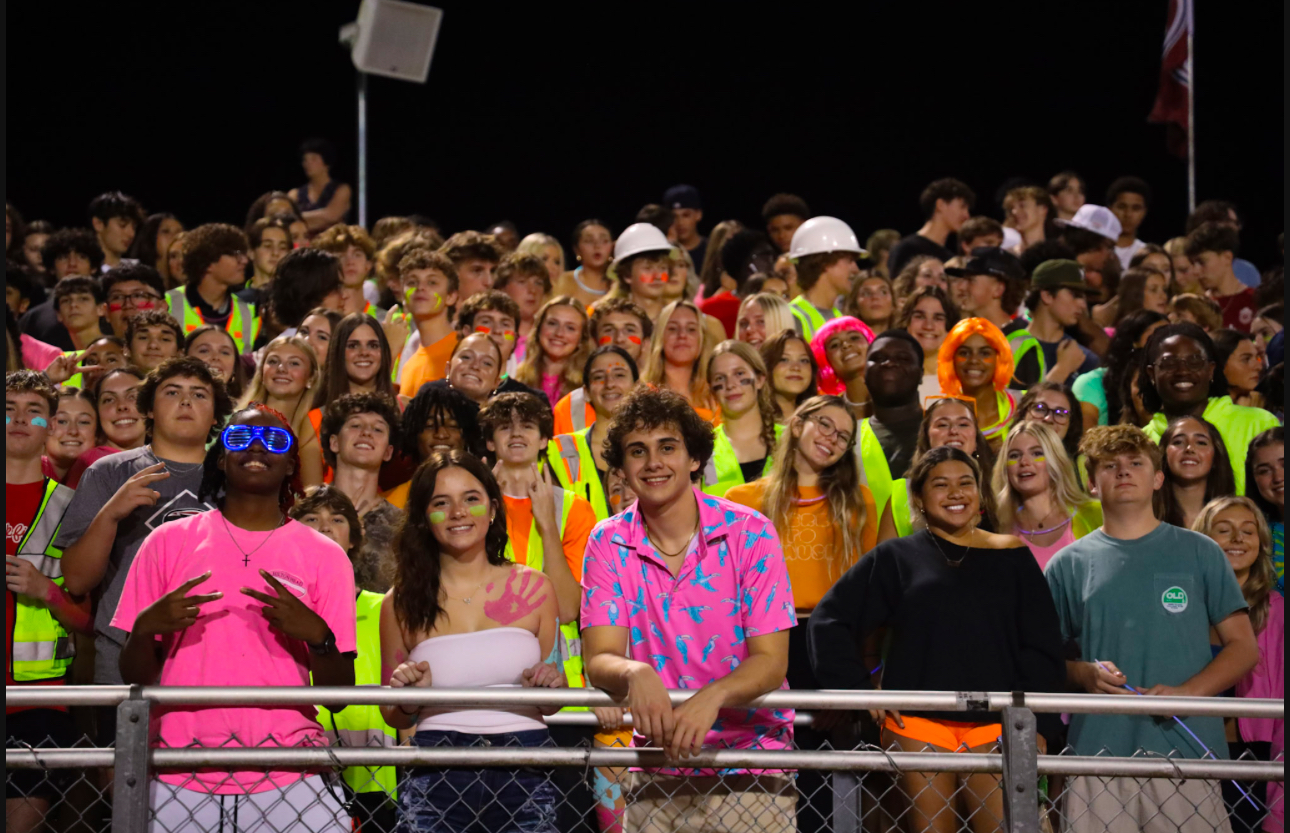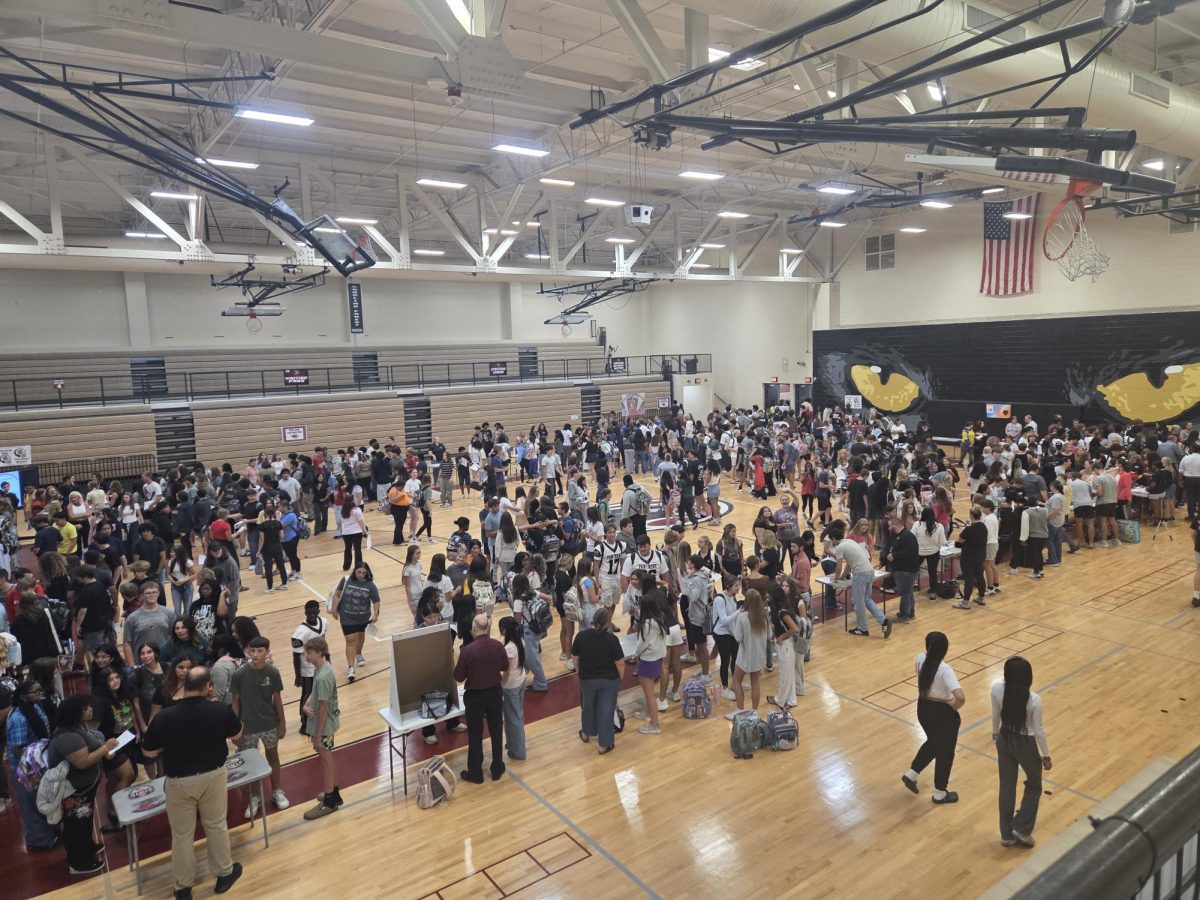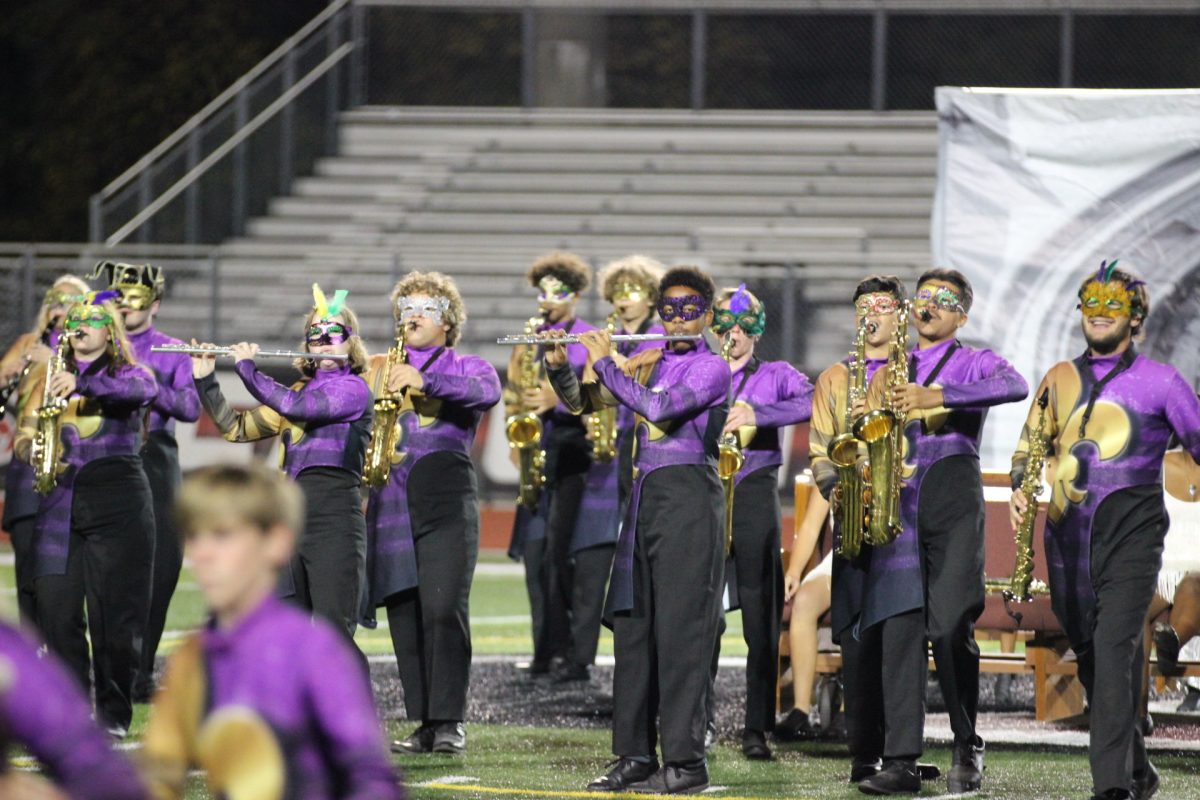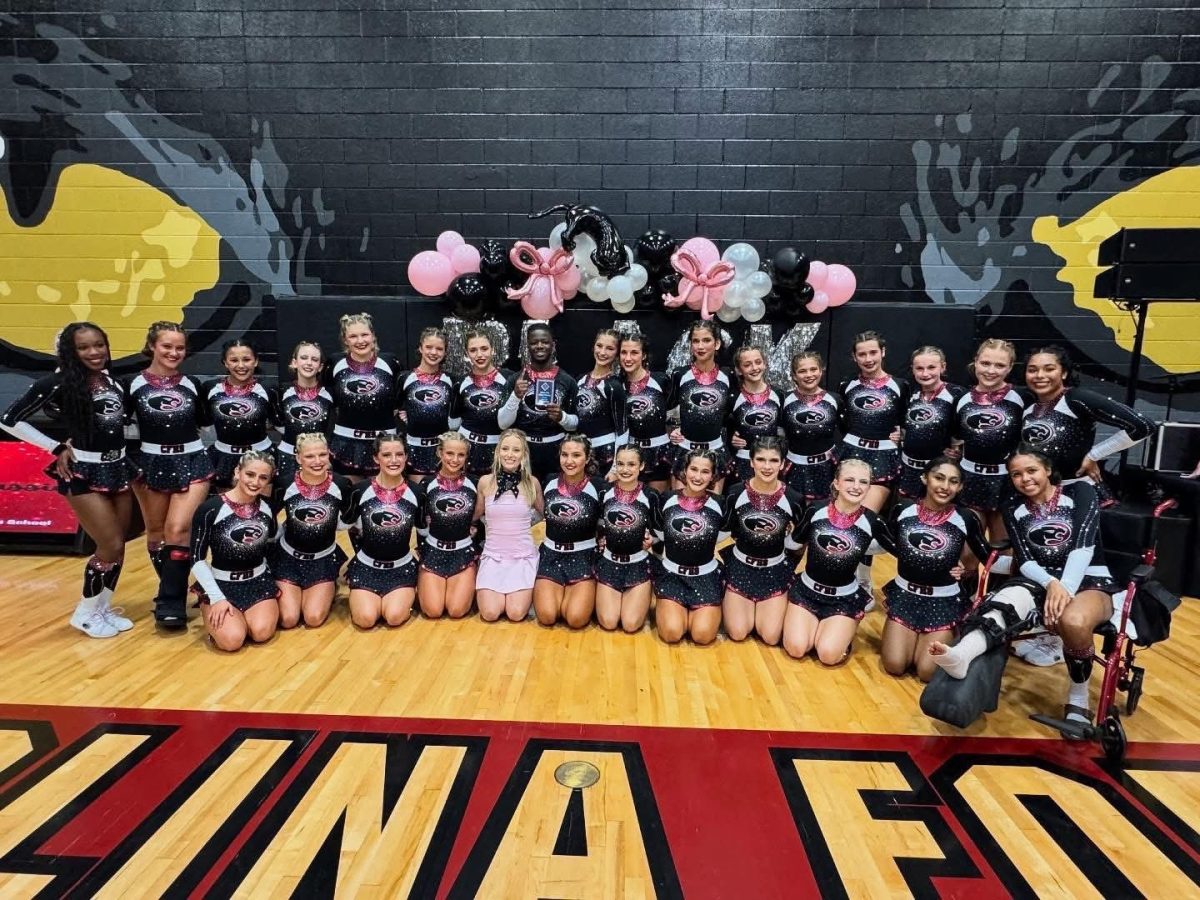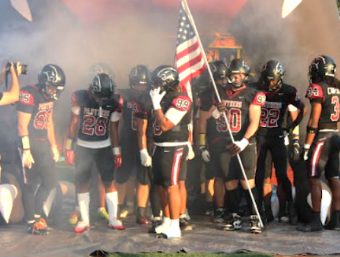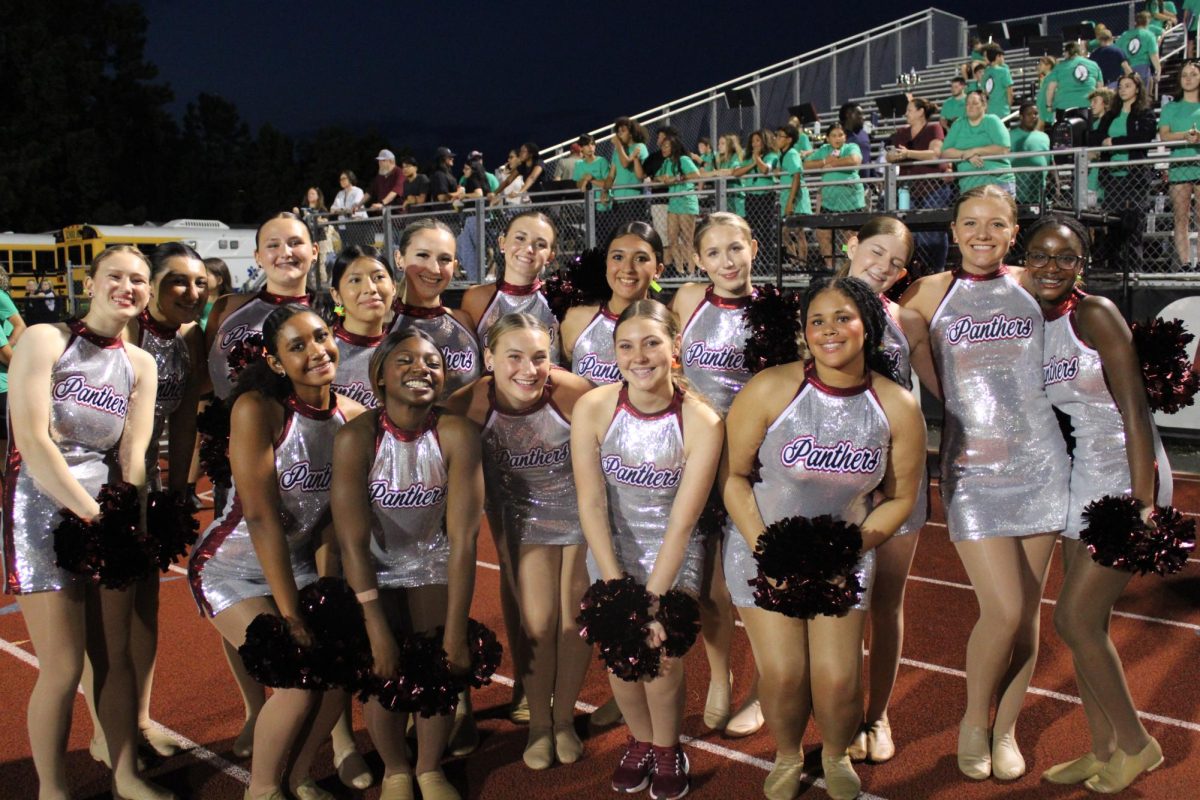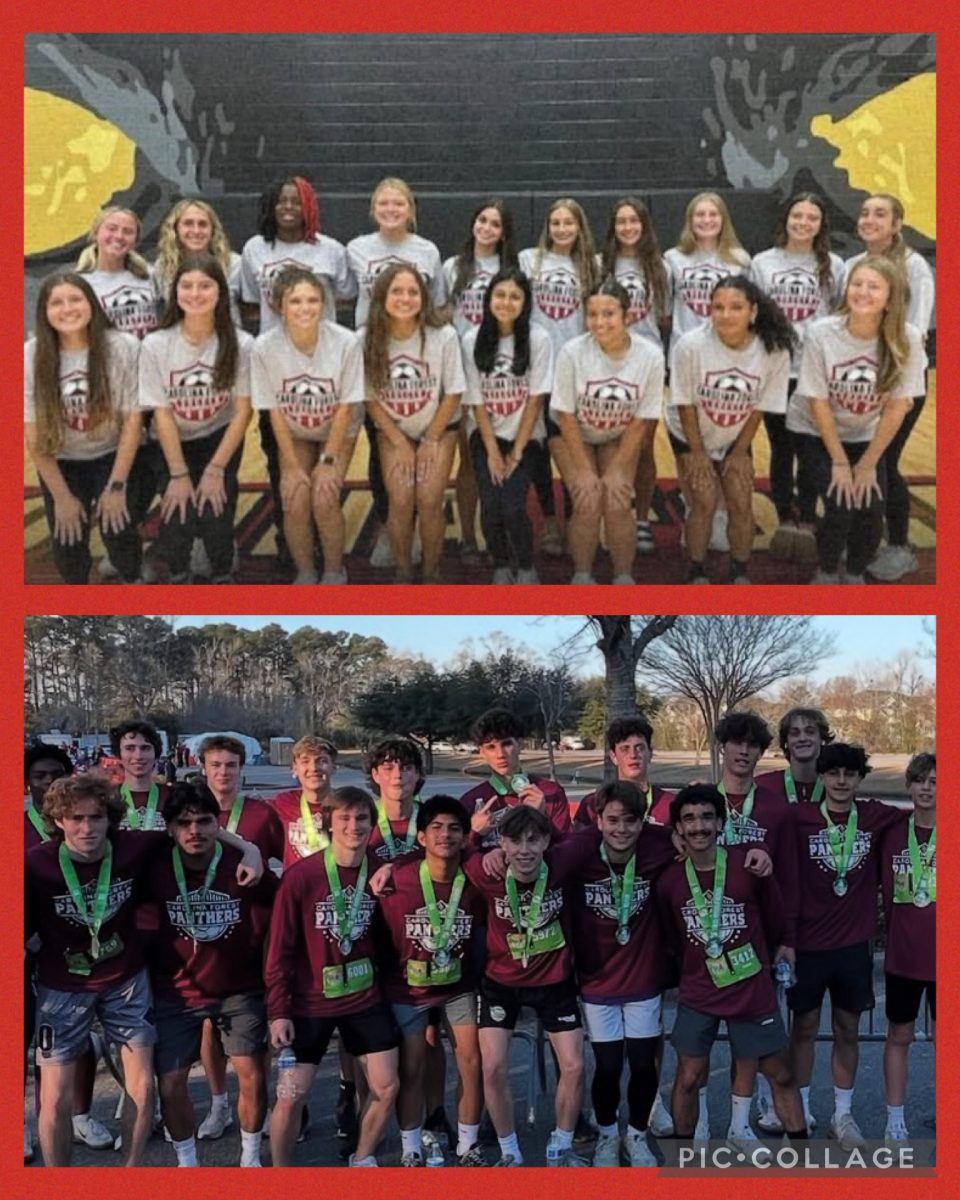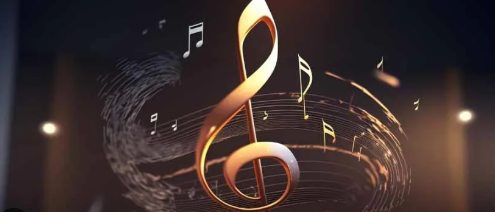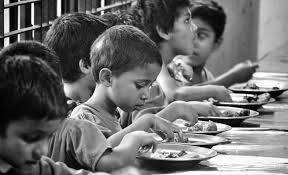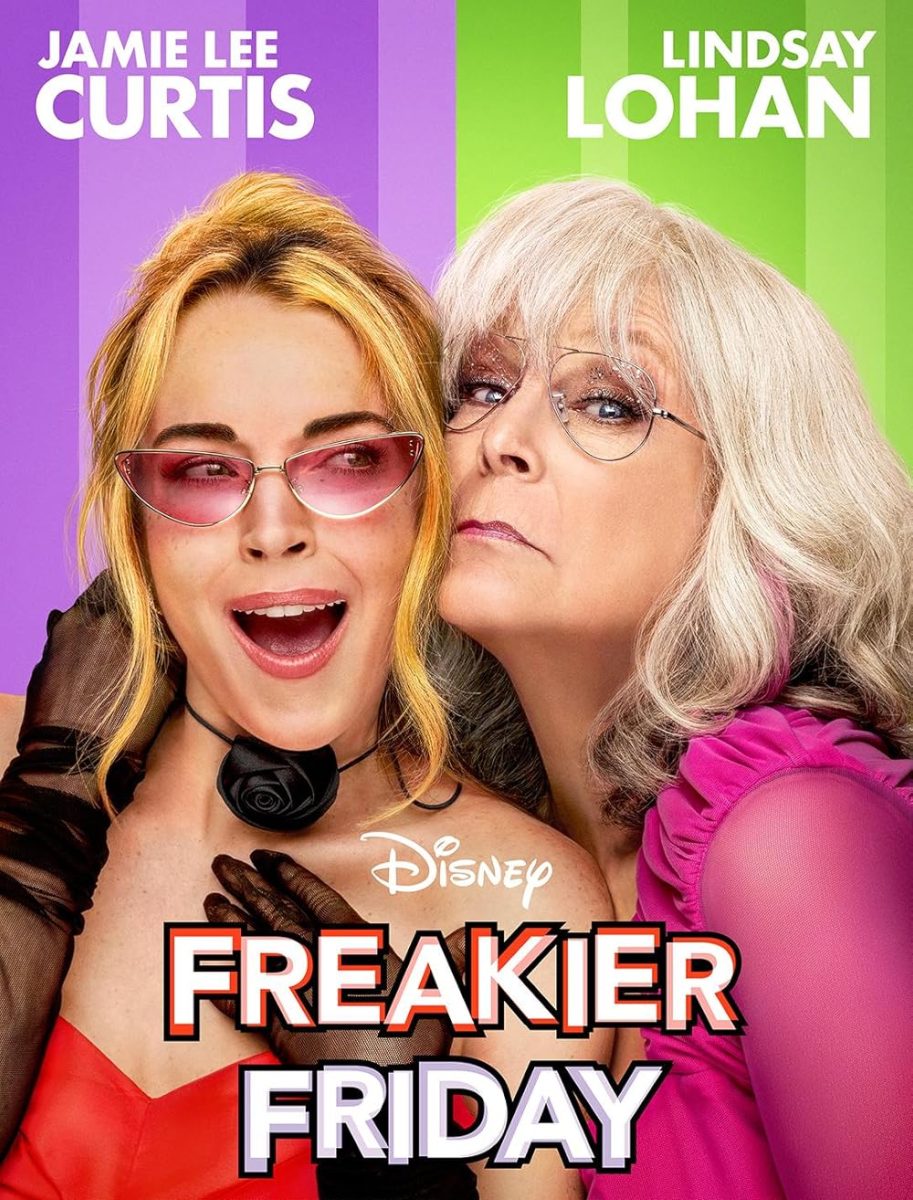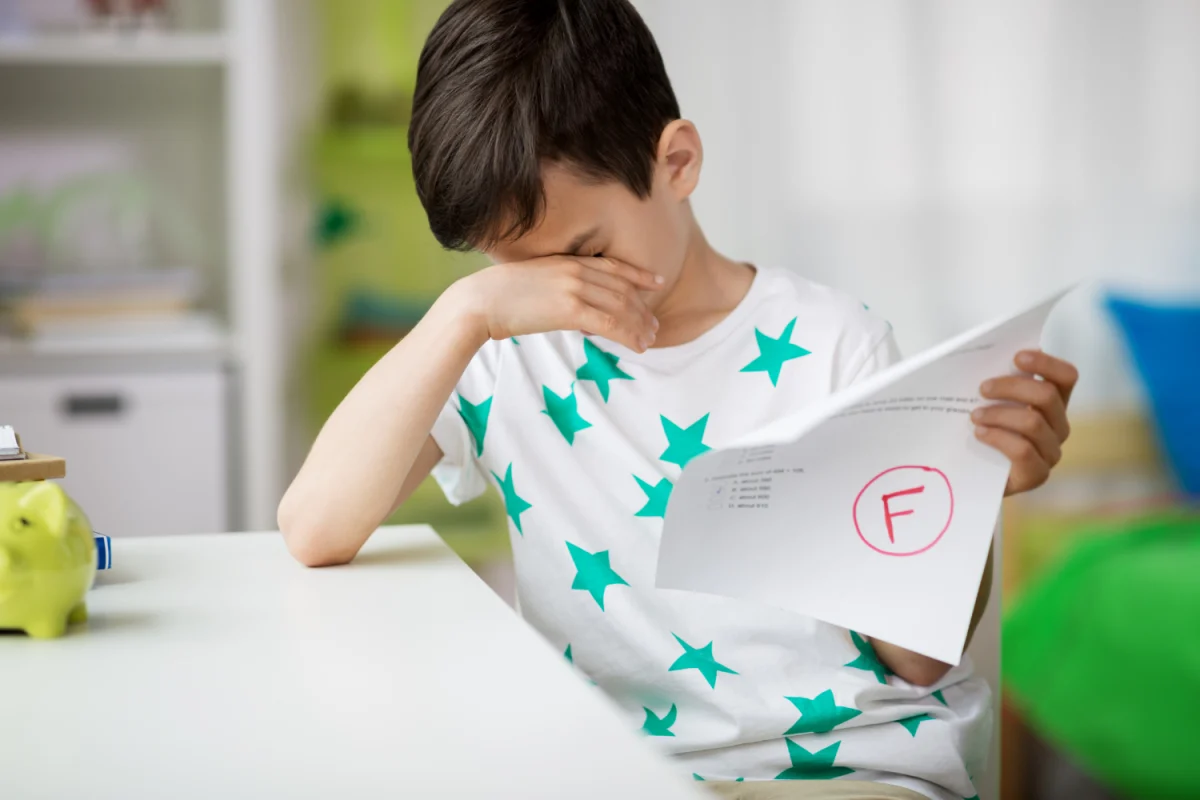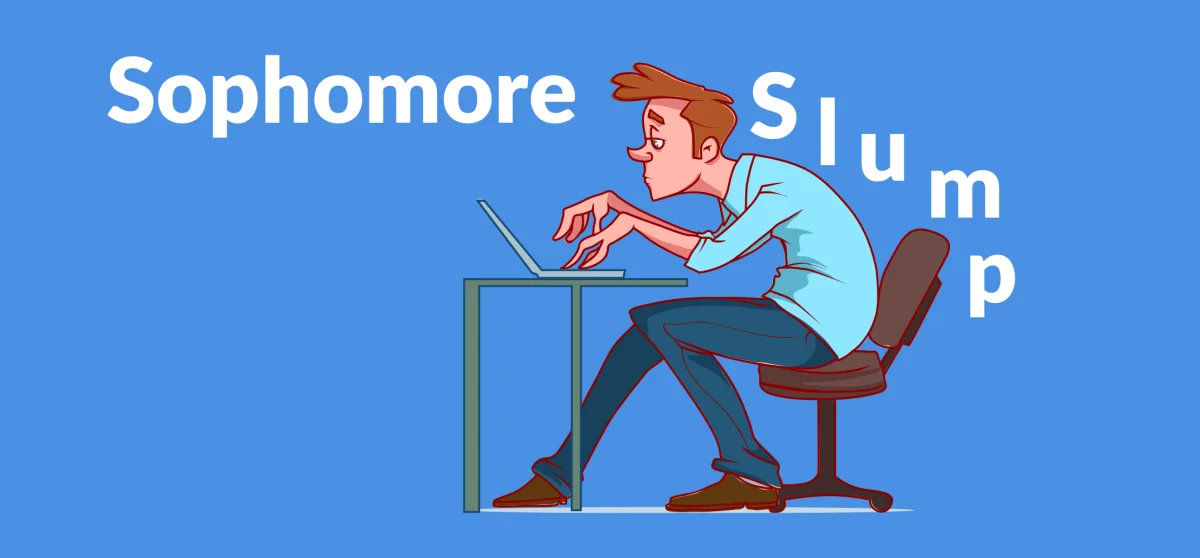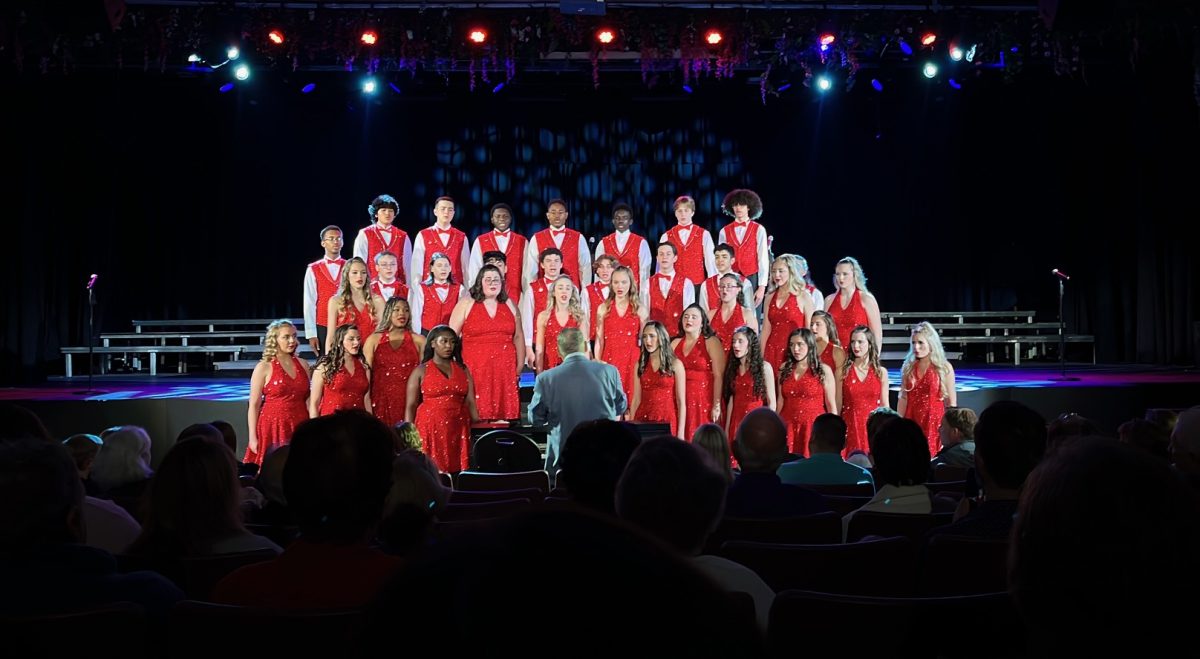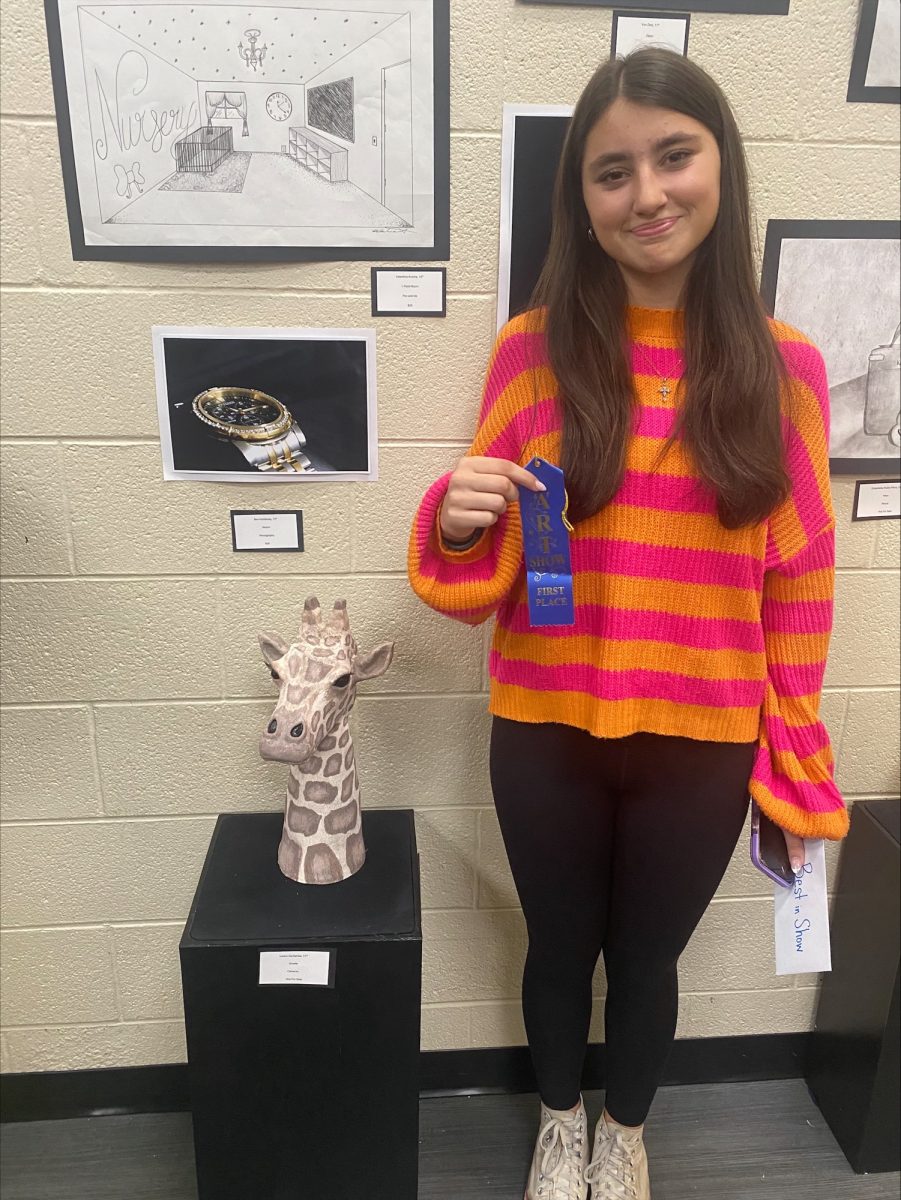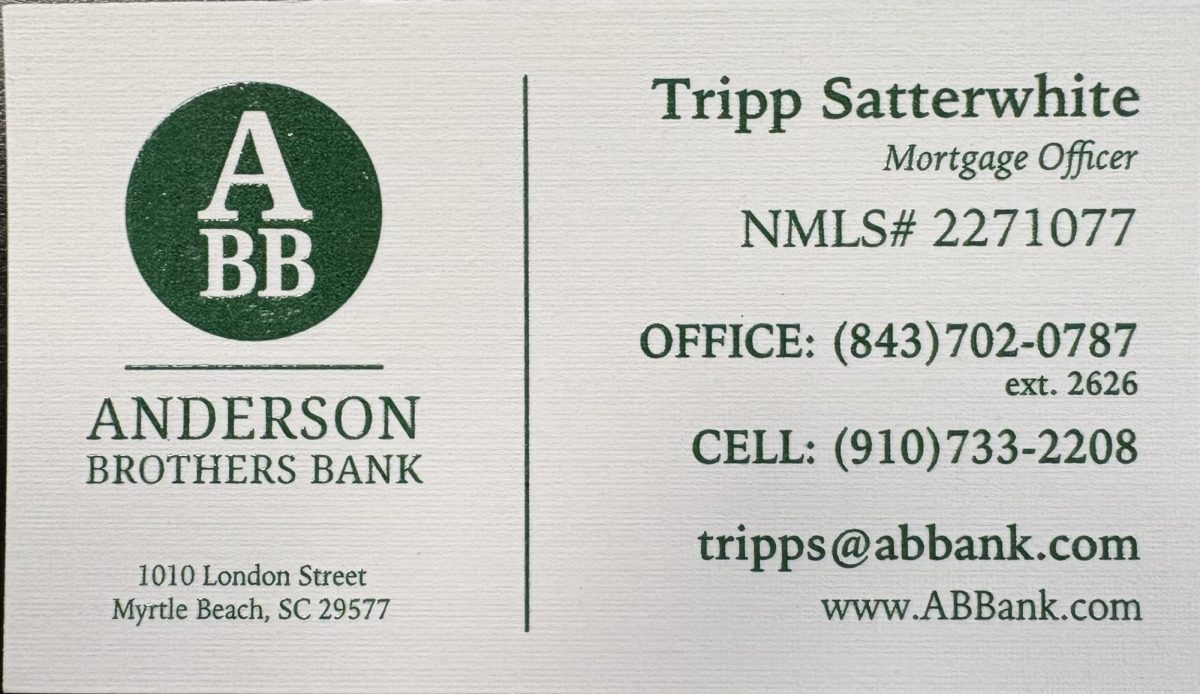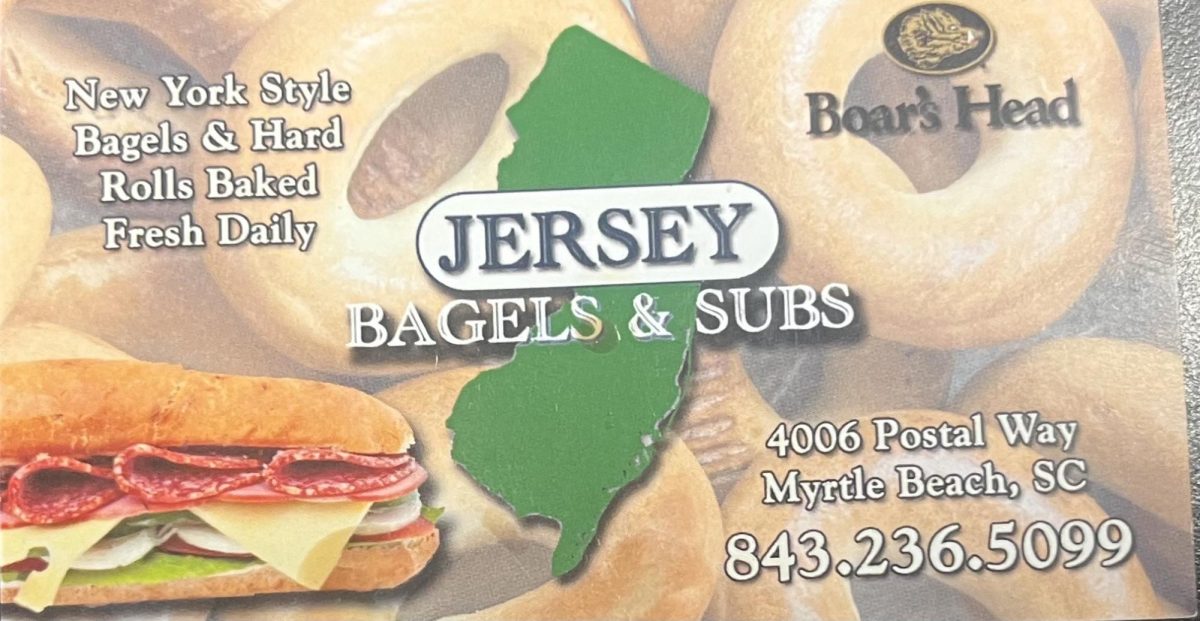Has Hippie Culture Time Travelled?

November 19, 2021
The late 1960s have paved the way for future generations regarding fashion, music and even politics. Over the last 50 years, hippie movements and lifestyle influences have been very prominent in today’s pop culture.
Hippie culture became known as the counterculture of the 1960s, but in the 21st century it is a part of our modern-day fashion and “aesthetic.” The young bohemians of the time period strived to rebel against social norms including consumerism and materialism. Although the fashion influence is very adamant in society, has the hippie movement time traveled into 2021?
Over the last 20 years, the bohemian style has become more and more mainstream in the hands of Gen Z. Bell-bottom jeans, angel-sleeved blouses and flowers have been prominent throughout the fashion industry over the last ten years. Loose-flowing skirts and lace cardigans are now necessities and natural hair is being embraced more than ever.
The music of the 1960s and 1970s has paved the way for future generations and future artists. Since the new generation of music has emerged since the early 2010s, artists are choosing to channel the distinct guitar and reverb sounds of the hippie movement. Artists such as Hozier and Greta Van Fleet have captured both the acoustic and rock aspect of the hippie movement. Funky-toned bass lines and light guitar riffs are becoming more popular as Gen Z and Millennials embrace the sounds of the 1970s.
“The music and style from the 60s were legendary,” says U.S. History teacher Tim Karst. “It was something that nobody had ever seen before and kids were hopping on the trends as soon as it started to grow.”
While hippie fashion and music are being explored, celebrities and social media have hindered the hippie influence on today’s society. Celebrities who were once idolized throughout the original movement are being recognized now as modern icons.
The influence of past celebrities has been the leading factor in the revival of hippie culture. Influences from Janis Joplin, John Lennon and Stevie Nicks have been surviving as role models to current and future generations, allowing them to express themselves in what is deemed as the most carefree way possible.
While the main purpose of the hippie movement was to “free the soul” and live a life that would give back to the earth, that also included protests that created a stereotype. The hippie movement gained popularity during the times of the Vietnam War when the U.S. involvement was extremely controversial.
During the Vietnam War, U.S. involvement was one of the most controversial topics amongst young adults. Those involved in the hippie movement spent months protesting against the U.S. involvement in Vietnam, stating that the military was being forced to “murder innocent lives.”
Hippies received backlash and were viewed with negative connotations for years regarding their lifestyle and political standpoints. Despite the backlash, their political views and standpoints have set an example for the modern-day left-wing agenda.
Since then, the hippie movement has left an impact on modern culture and has provided a new lifestyle for younger generations.
